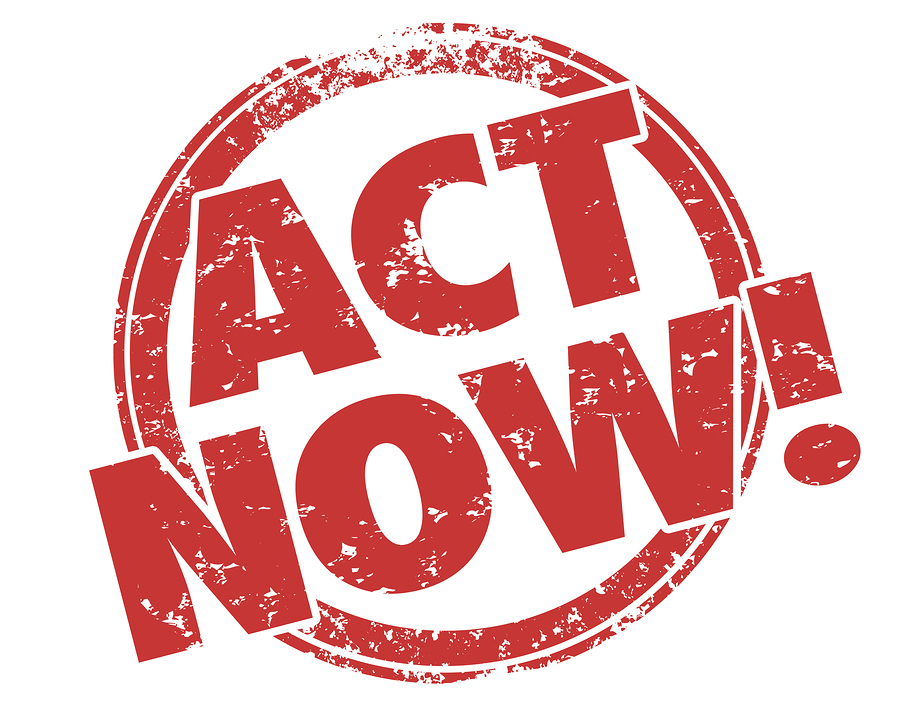Did that headline get your attention? It was intentional. There are two key words in it, act and now, that are trigger words to make you read what I have written. When the words revolutionary and success are added, it targets the readers of this blog. And to top it off, it was made personal by using the word your.
It is possible to make this “revolutionary” keyword work in several ways:
Revolutionary Secrets for Your Cooking Success
Revolutionary Tips for Making You Wealthy
Revolutionary Hair Products to Solve Your Hair Loss
Revolutionary Techniques to Improve Your Writing
Revolutionary Headlines to Make Your Ideas Sell
Some call this “click bait,” meaning a way to hook your mind into wanting to click on that headline to read the content. There is a science to copywriting. See this article for an example, “Six Characteristics of Top-Notch Copy.”
Yes, it feels like cheating to write “Read This and Make a Million Dollars!” instead of “Ten Ways to Make Some Money.” It feels like manipulation. And it is. We can discuss the merits or lack thereof, but there is a nugget of truth here.
If you don’t have a good title for your book, article, or blog post, it reduces the chances of someone reading it. And isn’t that the point? Like the adage, if a tree falls in the forest and there is no one there to hear it … If no one reads your words, were they ever written? Well, of course they were. And we know that the writing experience can be an extraordinary thing for the writer. But the point I’m trying to make is that we should be thinking all the time about how we present our ideas and materials to the reading marketplace.
Publishers will often have titling meetings where variations are batted around for hours. And not only the title. The subtitle and even the back cover copy and online catalog copy can be debated.
A great title is often the first step to a well-published project.
I have a question: “What was the last book title that grabbed your attention?”







